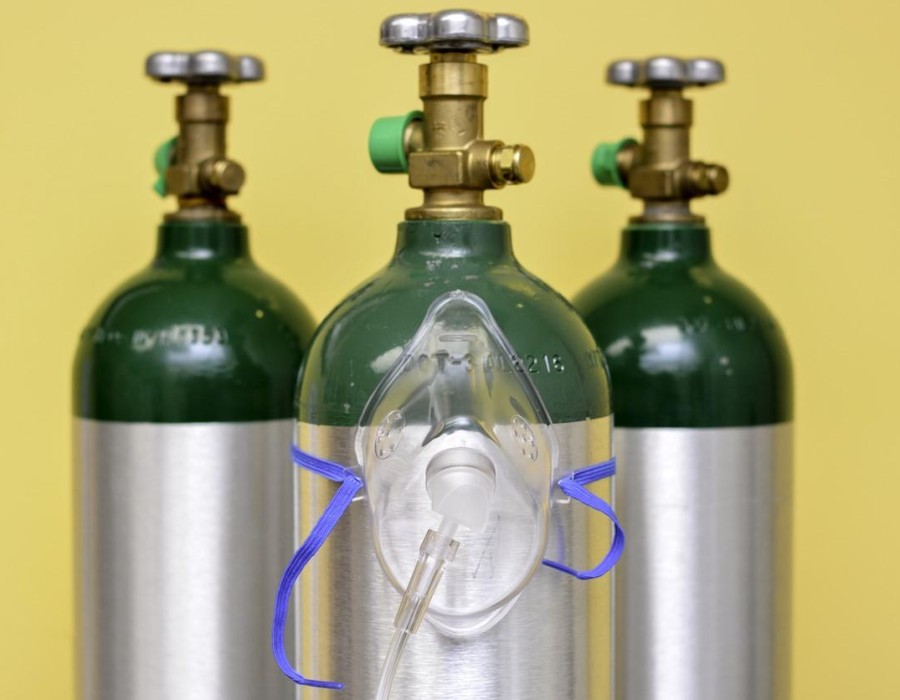Oxygen is commonly used in hospitals for a variety of essential medical purposes, primarily to support patients with respiratory issues. Oxygen therapy helps maintain adequate oxygen levels in the blood, ensuring that tissues and organs function properly. Overall, oxygen is an indispensable component of hospital care, playing a crucial role in both acute and chronic medical treatments to ensure patients receive the necessary support for their respiratory needs.
- Oxygen therapy: Administered to patients with respiratory conditions like chronic obstructive pulmonary disease (COPD), pneumonia, asthma, and heart failure to maintain adequate blood oxygen levels.
- Surgical support: Provided to patients undergoing surgery to ensure stable oxygen levels while under anesthesia.
- Emergency medicine: Used to treat patients who have experienced trauma, heart attacks, or strokes, where rapid oxygen delivery is crucial for survival.
- Neonatal care: Essential for premature infants with underdeveloped lungs, supporting their breathing and development.
- Hyperbaric oxygen therapy (HBOT): Used to treat decompression sickness (common in divers), serious infections, and non-healing wounds due to diabetes or radiation injury by delivering oxygen at high pressure.
- Chronic conditions management: Helps manage long-term respiratory diseases, ensuring patients can maintain their oxygen levels and improve their quality of life.
- Critical care: Integral in intensive care units (ICUs) for patients with severe illnesses or injuries requiring continuous monitoring and oxygen support.





Comments